Irish Government to provide RTE with 56 million euros in funding
The organisation has also announced plans to reduce its workforce by 400 by 2028.
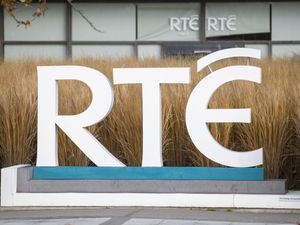
The Government has agreed to provide 56 million euros (£48.7 million) in additional funding to RTE after the organisation published plans to reduce its workforce by 400 by 2028.
Ministers signed off on the interim funding package, which will be subject to certain conditions, at cabinet on Tuesday.
The move was confirmed as RTE director general Kevin Bakhurst briefed unions on his planned cost-cutting measures for the crisis-hit broadcaster.
A key element of the strategic reform plan is a voluntary redundancy scheme, estimated to cost 40 million euros, and which would reduce headcount by 400 – 20% of the current staffing level.
Expenditure next year will be cut by a minimum of 10 million euro.
“2024 will be a challenging year and one in which we will have to manage our cost base carefully. Hard choices will be made,” Mr Bakhurst states at the beginning of the report.
The 56 million euros provided by Government will cover projected funding shortfalls within the organisation this year and next.
The hole in the outlet’s finances has deepened in recent months due to a sharp fall-off in TV licence revenue collected following a summer of controversies at the public service broadcaster.
Taoiseach Leo Varadkar confirmed an additional funding package had been agreed at a press conference in Dublin on Tuesday.
But he made clear that the strategic plan drawn up by RTE did not require Government sign-off.
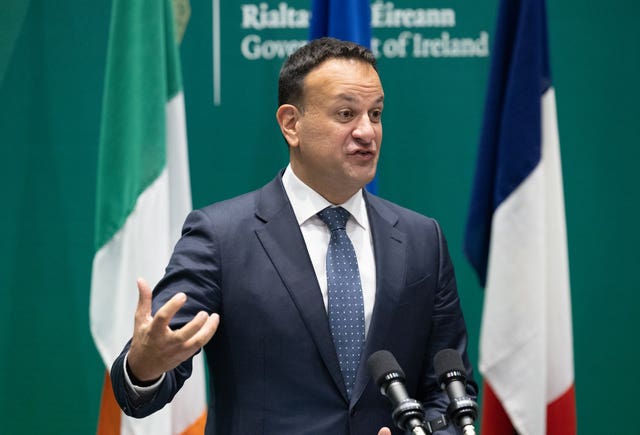
“The strategic plan is an RTE plan, written by RTE management and their board, it is not one that requires Government approval,” he said.
“It is a plan by RTE for RTE.
“In terms of the issue of interim funding, Government decided today that there will be interim funding for RTE this year and also next year, but it will be subject to certain conditions and achieving certain milestones and implementing certain reforms.”
The strategic reform plan, ‘A new direction for RTE’, published on Tuesday, will see TV channels RTE One +1 and RTE2 +1 and digital radio stations RTE Radio 1 Extra, RTE 2XM, RTE Pulse and RTEjr Radio axed.
The plan prioritises upgrading technology, live and online content, and the expansion of its production centre in Cork while reducing one in Dublin.

There will also be more reliance on the independent productions as it aims to increase its “overall investment by 50%”.
“We will continue to provide outreach events and multi-genre content, bringing a varied mix of live action and animated video and audio in both English and Irish, created primarily by Ireland’s independent production sector,” it said about reaching younger audiences.
It also said it would hire a disinformation correspondent, and a new factchecking mark and verification service, and said it would invest in the RTE Player, a new audio app, and “an enhanced and broader” RTE news app.
The report states that it had considered relocating the broadcaster’s headquarters off the current Donnybrook site, but “at this stage it does not appear to be economically viable”.
Mr Varadkar added: “I know the news that staff will be receiving from the director general today and tomorrow will be a shock to a lot of them.
“The actual number of redundancies is being proposed by RTE itself, not by government.
“Ultimately it will be up to RTE to decide how that is done.
“My understanding is they intend to phase it over a number of years and to avoid any compulsory redundancies.
“But it is a state-owned enterprise, semi-state, and they are autonomous in those kinds of decisions.”
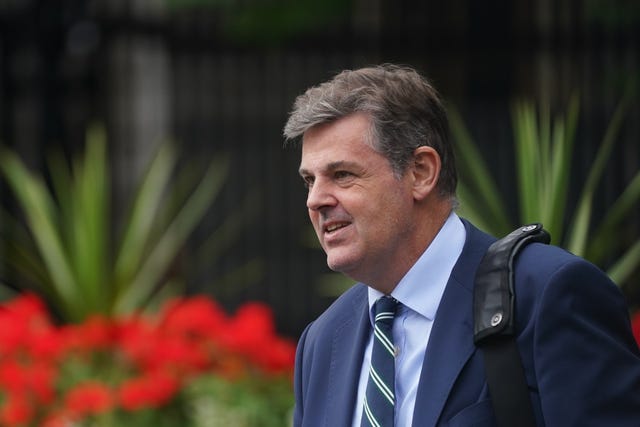
The Government had held off making a decision on interim funding pending the delivery of the strategic reform plan.
RTE is facing a loss of between 10-12 million euros (£8.7-£10.4 million) this year and, with a shortfall in TV licence revenue projected at 61 million euros (£53 million) across this year and next, Mr Bakhurst had warned that the organisation would run out of cash if further state funding was not made available.
RTE was plunged into crisis in June when the broadcaster revealed it had not correctly declared fees to its then-highest-paid earner, Ryan Tubridy.
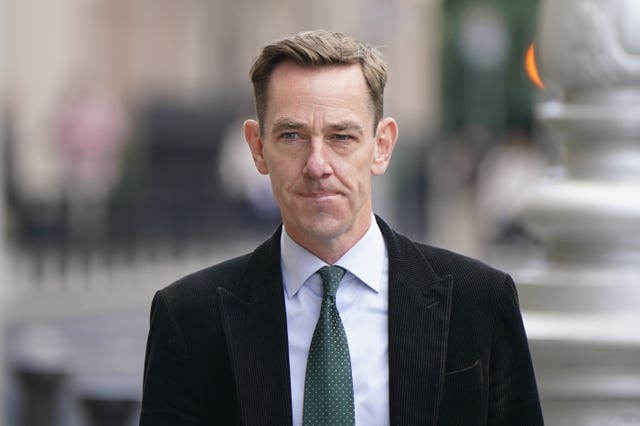
The scandal widened as a series of other financial and governance issues emerged.
Earlier this year, prior to the emergence of controversies, RTE submitted a request for 34.5 million euros (£30 million) in additional interim funding.
The Government has already allocated 16 million (£13.9 million) in extra funding for this year in line with recommendations from the state’s financial advice body, NewERA.
However, since the initial request for additional funding, RTE’s revenues have taken a further major hit, with the broadcaster experiencing multimillion-euro losses due to a fall in TV licence payments in the wake of the controversies.
NewERA had recommended an additional 40 million euros (£34.8 million) in relation to the shortfall of TV licences next year.
The Government has also asked RTE to make 21 million euros (£18.2 million) of efficiencies to make up the gap created by the shortfall of 61 million euros (£53 million) in licence fee revenue.
The 56 million euros agreed by Cabinet covers the 40 million euros shortfall for 2024 and the additional funding required by the broadcaster this year.
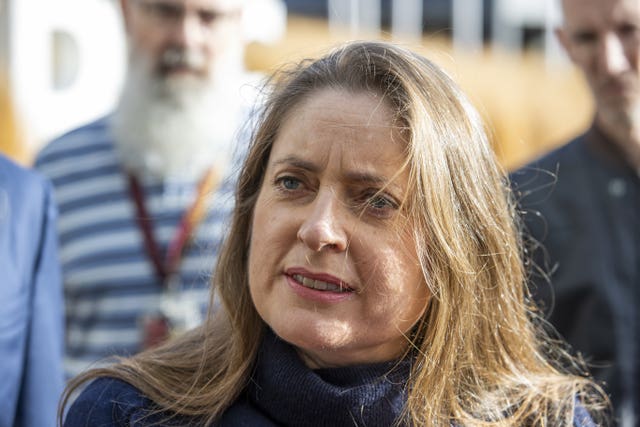
RTE education correspondent Emma O’Kelly, who is also chair of the chair of NUJ’s Dublin broadcasting branch, compared the proposed cuts for RTE to the shark in Jaws.
“Before this, we had kind of an eerie silence around RTE, but it was kind of like the silence in Jaws, where you know the shark is under the boat,” she said, speaking to media ahead of a union meeting with Mr Bakhurst at RTE’s campus in Dublin.
“Today, we have had a glimpse of the shark, or we’re getting a glimpse, and that’s kind of the feeling.
“There’s a lot of fear, a lot of anxiety.
“I spoke last week to people in one department who were really concerned, and saying, ‘is our department going to be privatised, is this the end of us?’
“There’s huge concerns, people don’t know what the future holds for them.”
Ms O’Kelly said that staff were not surprised at how the detail was leaked.
“This is how we find out about our futures, it’s always been this way,” she said.




